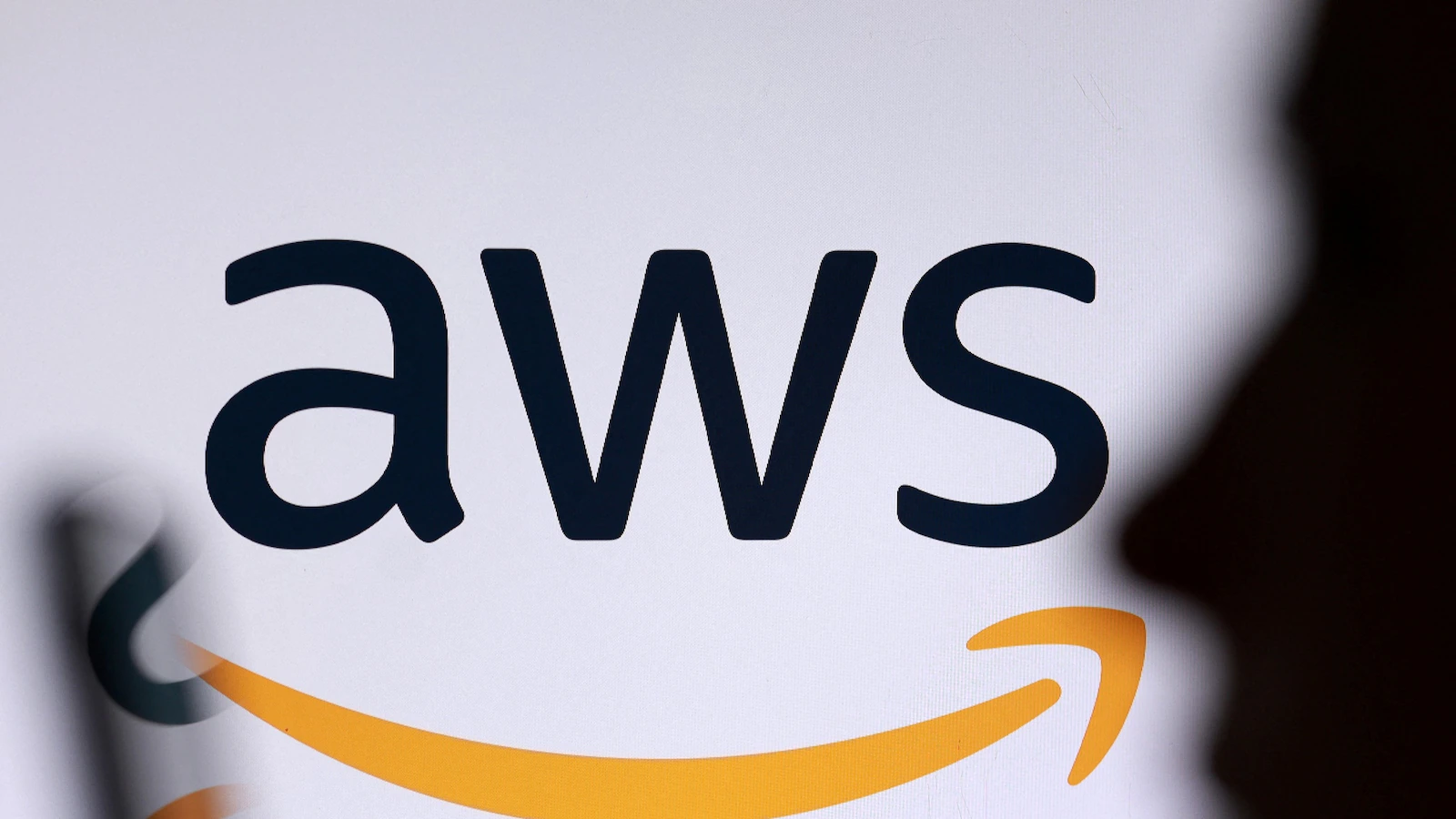Copyright ABC News

A far-reaching internet outage rooted in Amazon cloud servers disrupted scores of companies worldwide that provide critical services, including airlines, payments and home security. Amazon Web Services (AWS), which supports wide swaths of the publicly available internet, issued an update Monday evening, saying all services had returned to normal operations. The fix came roughly 15 hours after the outage began, though some major websites continued experiencing outages on Tuesday morning, according to DownDetector, a site that tracks online problem reports from users. Three tech giants, including AWS, account for more than half of the cloud computing market, providing much of this unseen infrastructure that undergirds the worldwide web and all it enables. AWS controls about 30% of the cloud industry, while Microsoft Cloud makes up 20% and Google Cloud accounts for 12%, data firm Synergy Research Group found in July. The recent outage exemplified the massive vulnerability posed by reliance upon a small set of companies that keep essential digital services afloat, some experts told ABC News, noting the potential need for a larger government role to safeguard a system deeply intertwined with the health and livelihoods of everyday people. But, experts cautioned, the size of the tech giants affords them resources to help minimize the frequency and duration of outages. An industry made up of many smaller firms could allow outages to become a commonplace, they said. “This outage is a big wake-up call for the fact that we have a few major big tech cloud providers that are undergirding a lot of our critical infrastructure,” said Timothy Edgar, a computer science professor at Brown University and a former national security official. “That has created a real potential vulnerability for us.” Microsoft declined to comment. Amazon did not immediately respond to ABC News’ request for comment. Neither did Google. A slew of outage reports on Monday afternoon indicated problems affecting a wide range of popular online applications, including Venmo, Microsoft Outlook, Zoom, Snapchat and Lyft, DownDetector showed. Outages were also reported for Amazon, as well as its Alexa assistant and Ring cameras. Since a large portion of the internet depends on AWS, the outage cascaded across major firms in disparate industries, leaving some people unable to access airline information or make everyday purchases, Qi Liao, a professor of computer science at Central Michigan University, told ABC News. “Amazon Web Services is the largest cloud company in the U.S.,” Liao said. “People’s lives depend on it. Not to mention that we lose billions of dollars when these services go down.” The cost of the outage this week remains unknown but an outage last year at cybersecurity company CrowdStrike, which affected many Microsoft devices, cost Fortune 500 companies as much as $5.4 billion, according to a CNN analysis of Parametrix data. Despite acknowledging the risk posed by a large-scale outage, some experts said critics are wrong to focus on the size of AWS and other cloud companies. The deep pockets of tech giants allow them to bulk up data security, thwarting many possible outages and curtailing the length of outages that emerge, they said. “The notion that it’s Amazon’s size in particular or their market dominance in particular that’s what’s to blame here – that’s off base,” Saurabh Vishnubhakat, a professor at the Cardozo School of Law who studies tech-related issues, told ABC News. “The fail-safes, particularly at data centers, that companies create and put in place are actually easier for the bigger companies to establish,” Vishnubhakat added. A diverse landscape of smaller companies could prove vulnerable to frequent, small-scale outages, frustrating many users, he said. The outage this week reflects the inevitability of holes in the cybersecurity patchwork that safeguards people’s digital lives, Liao said, but the priority should be how best to protect the internet. “Every approach has its pros and cons,” Liao added. “As an engineer, we’re always trying to make our system robust but it is unrealistic to expect that there's never going to be an outage.”



